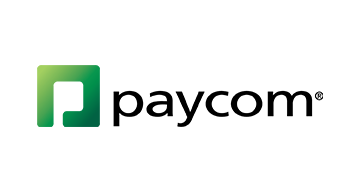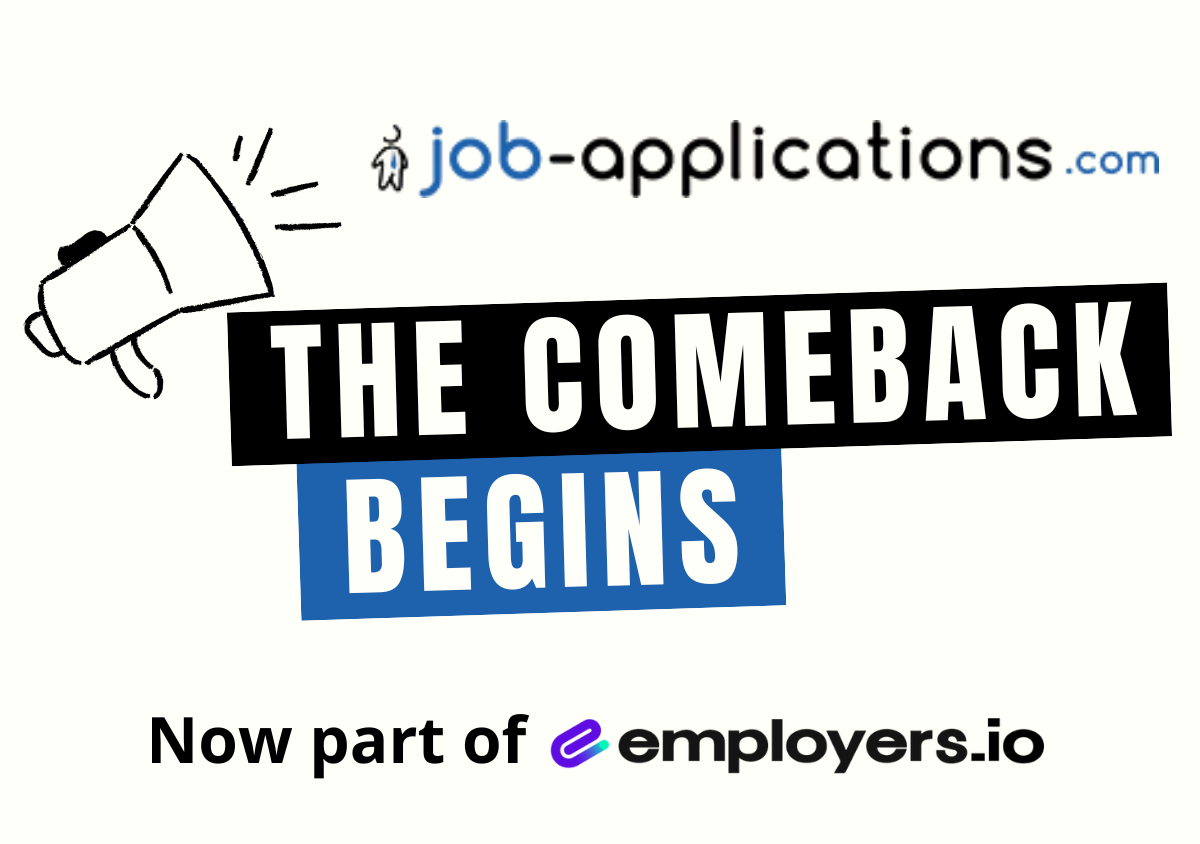In an era defined by rapid change, HR executives face an increasingly complex mandate to deliver robust, cost-effective employee benefits that genuinely meet the diverse needs of a modern workforce. As the labor market continues to demand greater personalization and flexibility, a new paradigm is not just desirable, but essential. The traditional group health plan model, while deeply entrenched, is showing its age, often characterized by unpredictable cost escalations, administrative burdens, and a rigid “one-size-fits-all” approach that falls short of employee expectations.
Enter the Individual Coverage Health Reimbursement Arrangement (ICHRA) – a powerful, ACA-compliant solution that is rapidly emerging as the strategic imperative for employers seeking to future-proof their benefits offerings. ICHRA fundamentally redefines the employer-employee benefits relationship, shifting from a “defined benefit” to a “defined contribution” model that offers unparalleled predictability for the organization and true personalization for its people.
Predictability and Control: A New Era for Employer Budgets
For HR leaders, the annual battle against rising healthcare premiums has long been a source of significant stress. ICHRA offers a decisive end to this unpredictability. By allowing employers to set a fixed, tax-free allowance for each employee, ICHRA transforms healthcare costs from a volatile variable into a predictable line item in the budget. There are no more surprise premium hikes tied to group utilization, no unexpected claims driving up future rates. This financial clarity enables precise budgeting and long-term strategic planning, freeing up resources that can be reinvested into other critical areas, such as wage optimization or talent development.
The success stories are compelling. New England Life Care, for example, transformed a daunting 39% group insurance increase into a 40% cost reduction by transitioning to ICHRA, redirecting $3.8 million to wage optimization. Similarly, Rose Group saved $1.6 million, enabling reinvestment in their employees. These are not isolated incidents but clear indicators of ICHRA’s capacity to deliver significant, measurable financial benefits for employers.
Meeting Employee Needs: The Power of Personalization
Beyond financial predictability, ICHRA excels in its ability to meet the evolving demands of today’s diverse workforce—employees are increasingly seeking greater control and relevance in their benefits. A multi-generational, geographically dispersed workforce cannot be effectively served by a single, static health plan. ICHRA directly addresses this by empowering employees to choose individual health insurance plans from the open marketplace that perfectly align with their unique health needs, family situations, and financial realities.
This personalization fosters a profound sense of ownership and satisfaction among employees. For many employees, ICHRAs are the first time they are able to find plans that fit them, rather than fitting into a plan This sentiment is echoed in the remarkable 94% satisfaction rate among employees who have transitioned to ICHRA. When employees have coverage they understand and value, they are more likely to engage in preventative care, manage their conditions effectively, and ultimately, lead healthier, more productive lives. This directly translates into a more engaged and loyal workforce, enhancing talent attraction and retention efforts.
Flexibility and Future-Proofing in an Evolving Landscape
The beauty of ICHRA lies in its inherent flexibility, making it a robust solution for the ever-changing insurance and benefits landscape. It accommodates businesses of all sizes, from startups to Applicable Large Employers (ALEs), with no minimum participation requirements. Employers can tailor contributions across different employee classes or geographies, optimizing spend and ensuring equitable access to benefits. The significant growth in ICHRA adoption among ALEs (34% between 2024 and 2025 ) underscores its viability and strategic appeal for larger organizations navigating complex compliance mandates.
Furthermore, ICHRA simplifies administrative burdens. Specialized benefit administration platforms handle the complexities of enrollment, reimbursement, and compliance, freeing up valuable HR time to focus on strategic initiatives rather than transactional tasks. This streamlined approach ensures that HR departments can adapt quickly to market shifts and regulatory changes, positioning the organization for long-term success.
The Strategic Imperative
In conclusion, ICHRA is more than just an alternative to traditional group health plans; it is a strategic imperative for HR executives committed to building a resilient, engaged, and future-ready workforce. By embracing ICHRA, employers gain predictable costs, simplified administration, and a powerful tool for attracting and retaining top talent through truly personalized benefits. As the healthcare and benefits landscape continues to evolve, ICHRA stands as a beacon of stability, choice, and strategic advantage, enabling HR leaders to deliver the best for their employees while securing the financial health of their organizations.




















